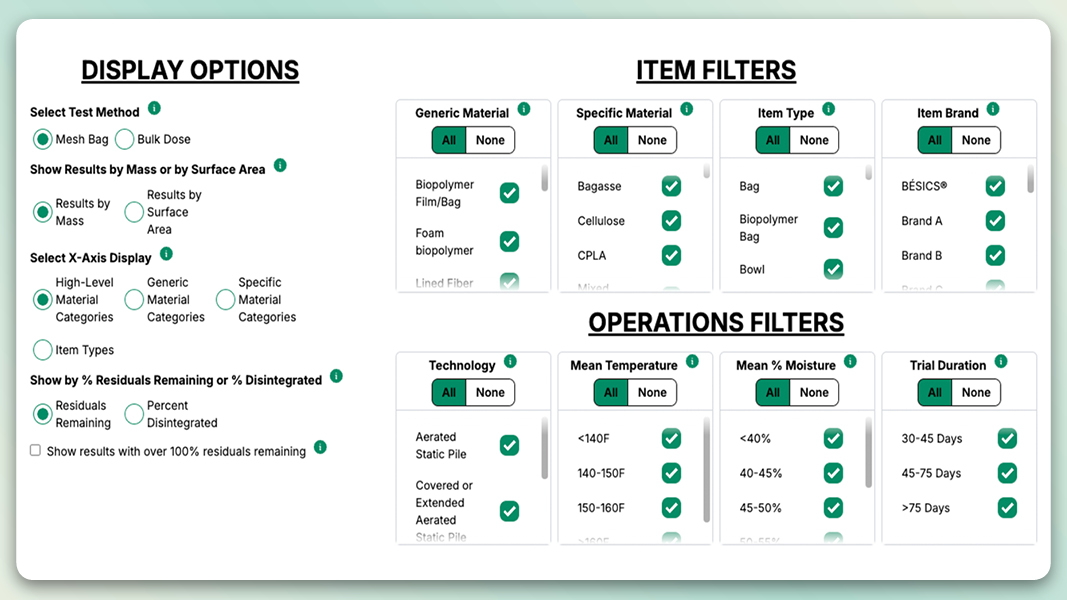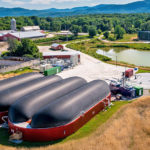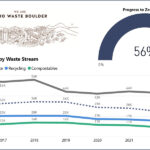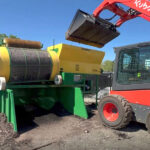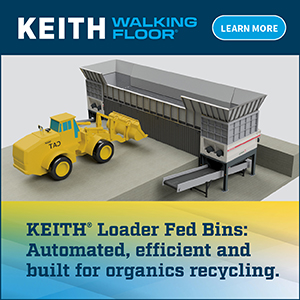Top: Users can filter the data displayed in real-time on the dashboard. Image courtesy Compost Research & Education Foundation
The Compostable Field Testing Program (CFTP), an initiative of the Compost Research and Education Foundation (CREF), announced the launch of its website that gives public access to detailed field testing results through a dynamic and interactive dashboard. As the world’s first open-source field testing database correlated with composter operating conditions, the CFTP’s user-friendly tool provides insights into the factors that affect compostable product breakdown in the field. The intent is that practical data can support better product design, composting practices, and standards. “At some point, every composter accepting food scraps confronts the question of whether or not to take compostable products, and field testing is one way to inform the decision by bridging between critical lab-based certification and real-world product breakdown,” says Diane Hazard, CREF’s Executive Director. “This data release presents a beginning for a new phase of collaboration and research around this work.”
The platform enables composting facility operators to gain insights into disintegration for various compostable products and opportunities to optimize composting conditions for better breakdown. The data also provides policymakers access to evidence to support standards that encourage better packaging solutions, and more generally offers visibility into which products are most effective in various composting settings, supporting informed purchasing and diversion decisions.
The website’s interactive dashboard is a key feature, designed to help users dive into the specifics of compostable product performance. Users can filter the data displayed in real-time by:
- Item Type: Focus on results for compostable foodware, bags, or other product categories.
- Material Type: Compare the performance of different materials such as PLA, PHA, paper or alternative fibers (sugarcane/bagasse).
- Environmental Conditions: Filter results based on average temperature, moisture, and trial duration to see how these factors can influence disintegration.
As more data becomes available from future field trials, the website will continue to be updated, notes CREF. Stay tuned for an upcoming article series in BioCycle that explains the new website’s functionality, CFTP methods and results of field testing to date, and the implications of the field testing results for the composting industry, discussing future research needs and the potential role of compostable packaging in a circular economy.


